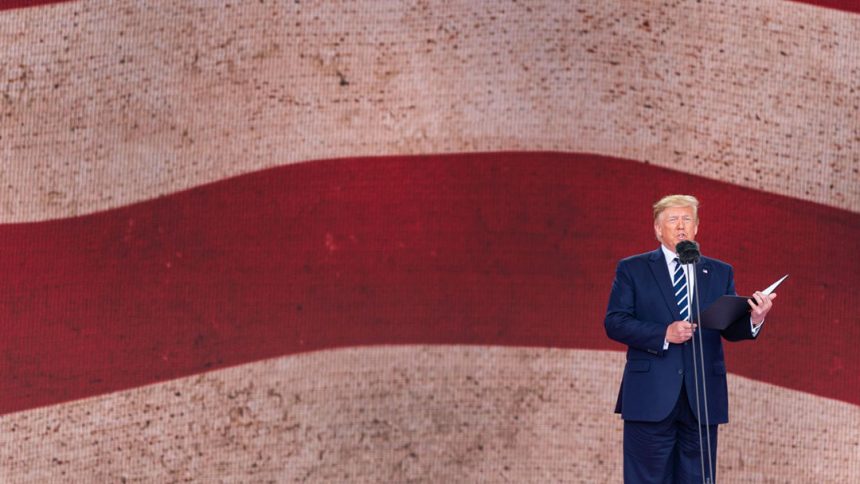President Donald Trump has suggested lowering tariffs on Chinese imports from 145% to 80% ahead of high-level trade negotiations between the United States and China. The talks, taking place in Geneva, aim to ease escalating trade tensions that have significantly impacted global markets.
A Potential Shift in Trade Policy
In a recent post on his social media platform, Truth Social, President Trump stated that an 80% tariff on Chinese goods “seems right,” indicating a possible softening of his administration’s hardline trade stance. This proposal comes as U.S. Treasury Secretary Scott Bessent and Trade Representative Jamieson Greer engage in discussions with Chinese Vice Premier He Lifeng and other officials in Switzerland.
The current 145% tariffs were implemented as part of a broader strategy to pressure China on issues such as market access and the flow of fentanyl into the United States. China responded with 125% tariffs on American goods, leading to a significant slowdown in bilateral trade.
Talks Mark a “Total Reset”
President Trump described the ongoing negotiations as a “total reset” in U.S.-China trade relations, emphasizing the constructive nature of the discussions. While no concrete agreements have been announced, the president expressed optimism about the direction of the talks.
The White House has indicated that any reduction in tariffs will be contingent upon China’s willingness to address key U.S. concerns, including opening its markets to American businesses and taking action against fentanyl trafficking.
Economic Implications
The high tariffs have disrupted supply chains and increased costs for consumers and businesses in both countries. A reduction to 80% could provide some relief, but experts caution that it may not be sufficient to restore trade to previous levels. Analysts also note that the Trump administration views tariff revenues as a means to fund domestic initiatives, suggesting that a complete rollback is unlikely.
Looking Ahead
As the Geneva talks continue, both the United States and China face pressure to find common ground and de-escalate the trade conflict. While a major breakthrough may not be imminent, even modest progress could pave the way for more comprehensive agreements in the future.
The outcome of these negotiations will have significant implications for global trade dynamics, particularly as other nations monitor the situation and consider their own economic strategies in response to U.S.-China relations.










